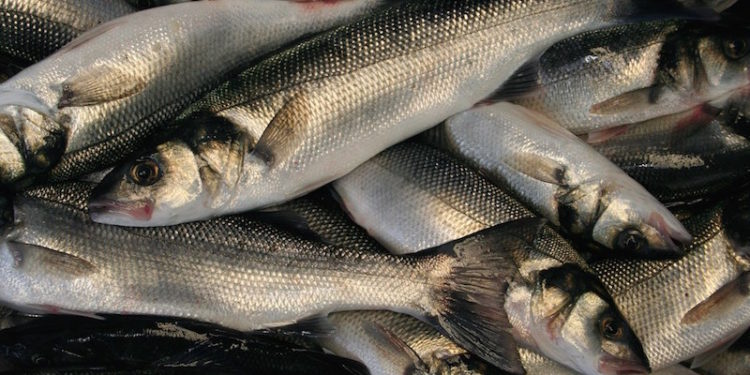With the introduction of the landing obligation for demersal species being phased in between now and 2019, the intentions contrast starkly with the reality, and Paul Trebilcock, chief executive if the Cornish FPO, says that several brand-new discards have been brought into existence.
He commented that last year’s December council outcomes weren’t all positive, in spite of the positive outcomes for hake, megrim, plaice and sole fisheries.
‘They have managed to create a whole new discard issue with bass and small-eyed ray, plus there’s no progress on spurdog or common skate. Then we have a massive abundance of haddock and cod to deal with. I don’t read or hear anybody from CEFAS or even ICES saying there’s a serious problem with the stocks, but policy makers (including UK ministers) are working to a figure of MSY within a a completely arbitrary timeframe.’
‘For many years in Cornwall we had a higher minimum landing size (37.5cm) through the Sea Fishery Committee/IFCA and protection for nursery areas,’ he said, commenting that it can be a challenge to understand some of the thought processes behind policies that have resulted in this situation and the creation of a complete new bass discard is a prime example.
‘In recent years there was a recognition that there were wider problems with bass stocks and last year at an EU level the minimum landing size went to 42cm, there were monthly landing restrictions for different gears and the three-bag limit for recreational fishermen. That must have had an effect and it has certainly stopped the bigger boats from targeting bass, while it allowed for by-catches from the mixed fisheries to be landed. It wasn’t easy to take on board but it was workable. Then before any assessment of these measures on the stock, the politicians intervened and we get nonsense like we have now!”
“Now there is a 1% by-catch allowance,” he said. ‘This has massive implications for the viability of inshore businesses and crew shares, at the same time as it has done nothing for the management of bass as these fish are dead already, and certainly nothing for the credibility of the people who think this stuff up. It’s not difficult to understand the anger and frustration,’ he said, commenting that this has been discussed with the French fishermen’s associations who also rely heavily on bass, and with the European Commission.
‘It’s too late now for this year. But this is yet another burden, and this is a big one. This is something that shouldn’t be underestimated in terms of value to inshore fishermen around the coasts of England and Wales.’
There are parallels with the bass problem with common skate, porbeagle, small-eyed ray and spurdog all becoming ‘new’ discard species in recent years. All of which compound the lack of progress on the cod and haddock situation for inshore and offshore vessels in Cornwall.
‘There has been a lot of rhetoric around discards, but it’s no surprise that many fishermen question the ability of the European Commission to develop sensible and effective management policies when many of its measures, usually supported by UK ministers, are leading to increased discards. Sometimes it is hard to believe that intelligent people can still come up with this stuff without understanding or considering the wider implications.’









